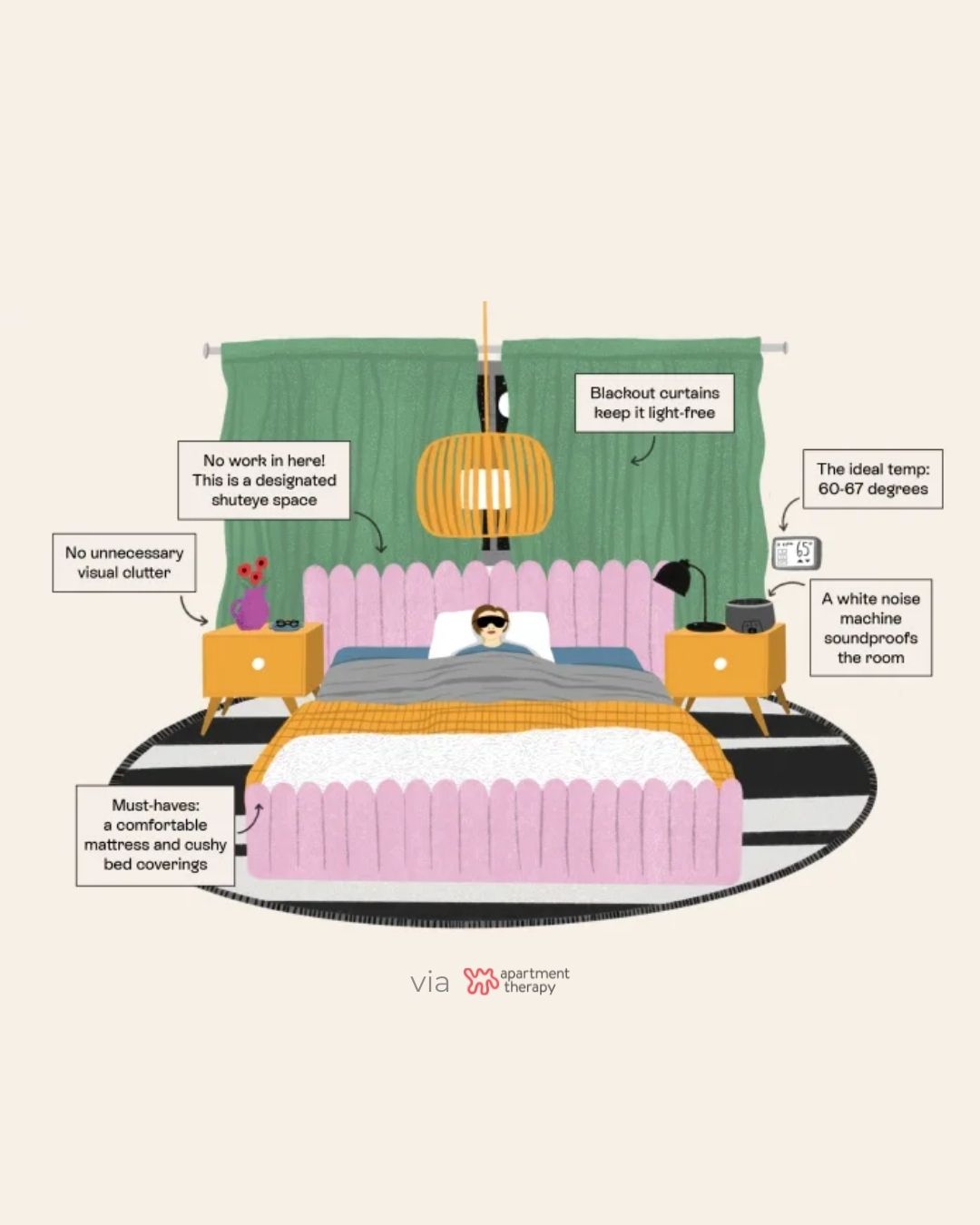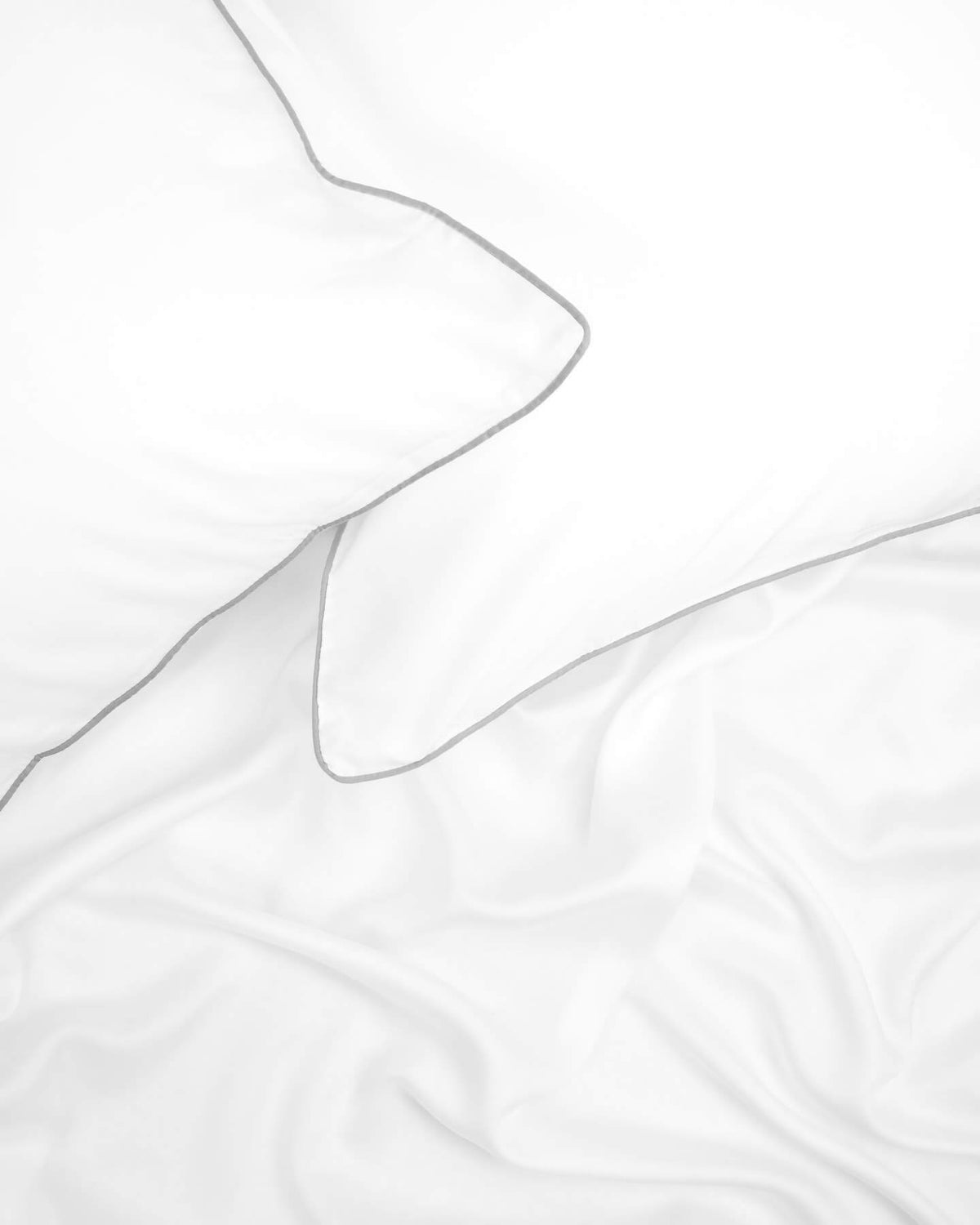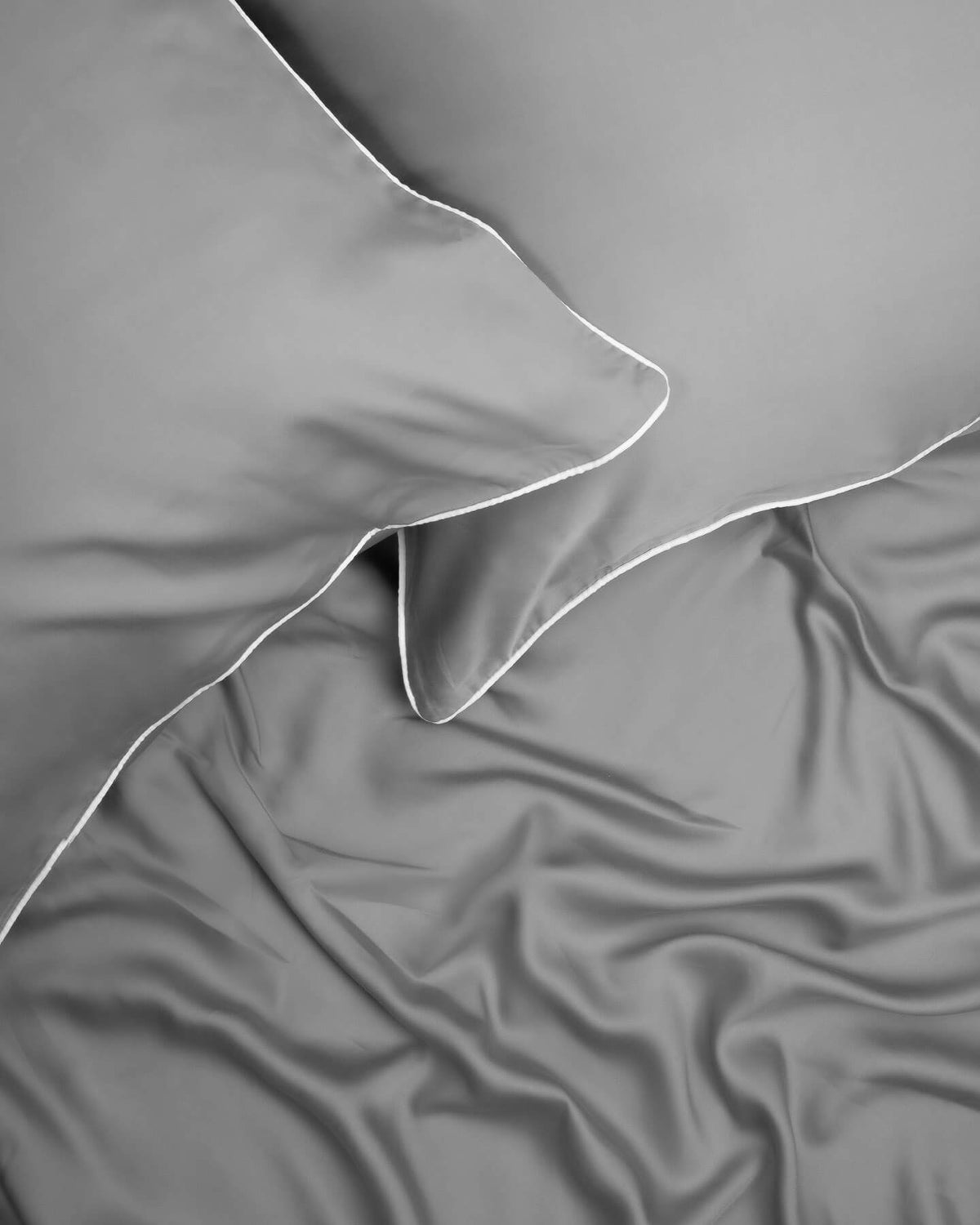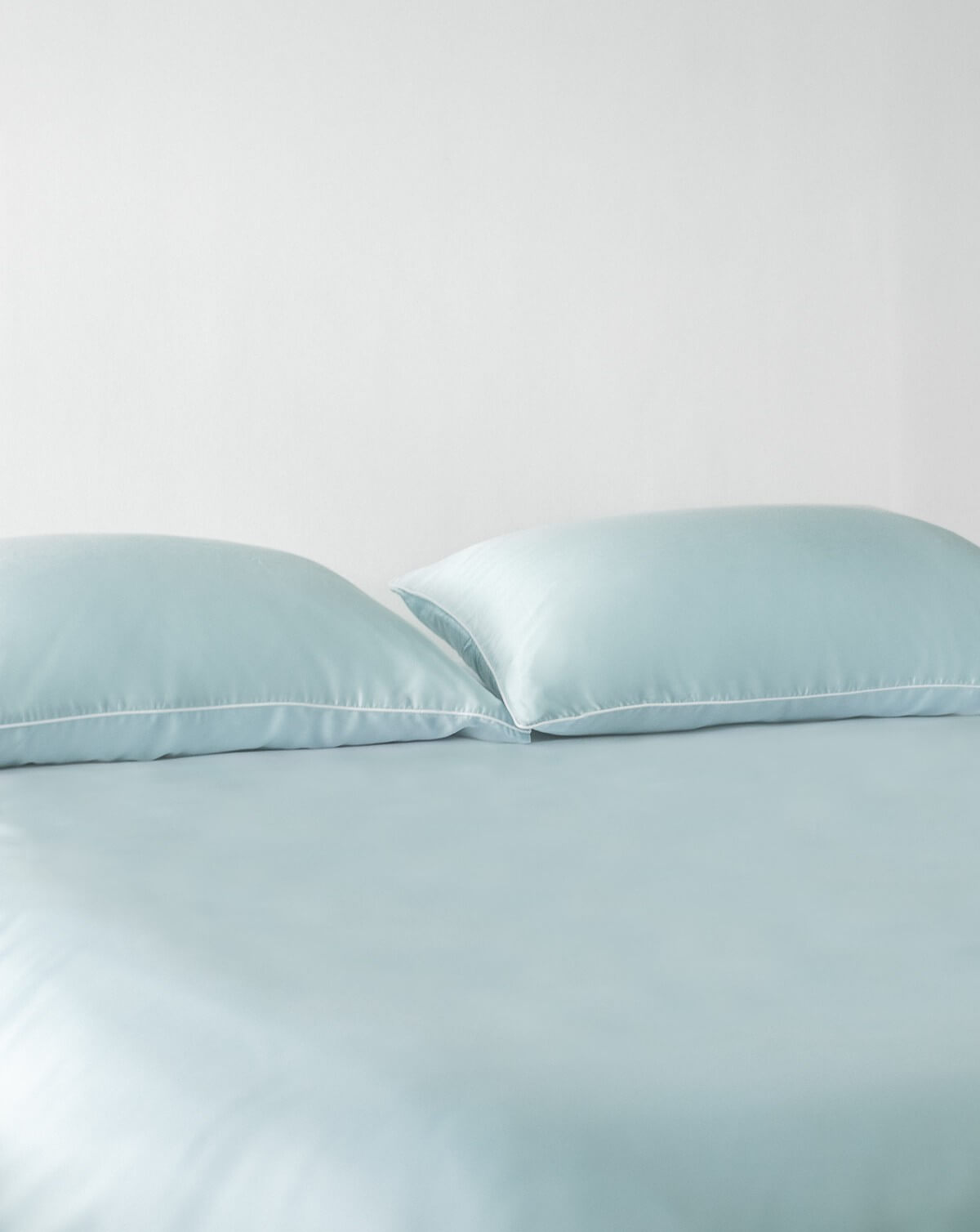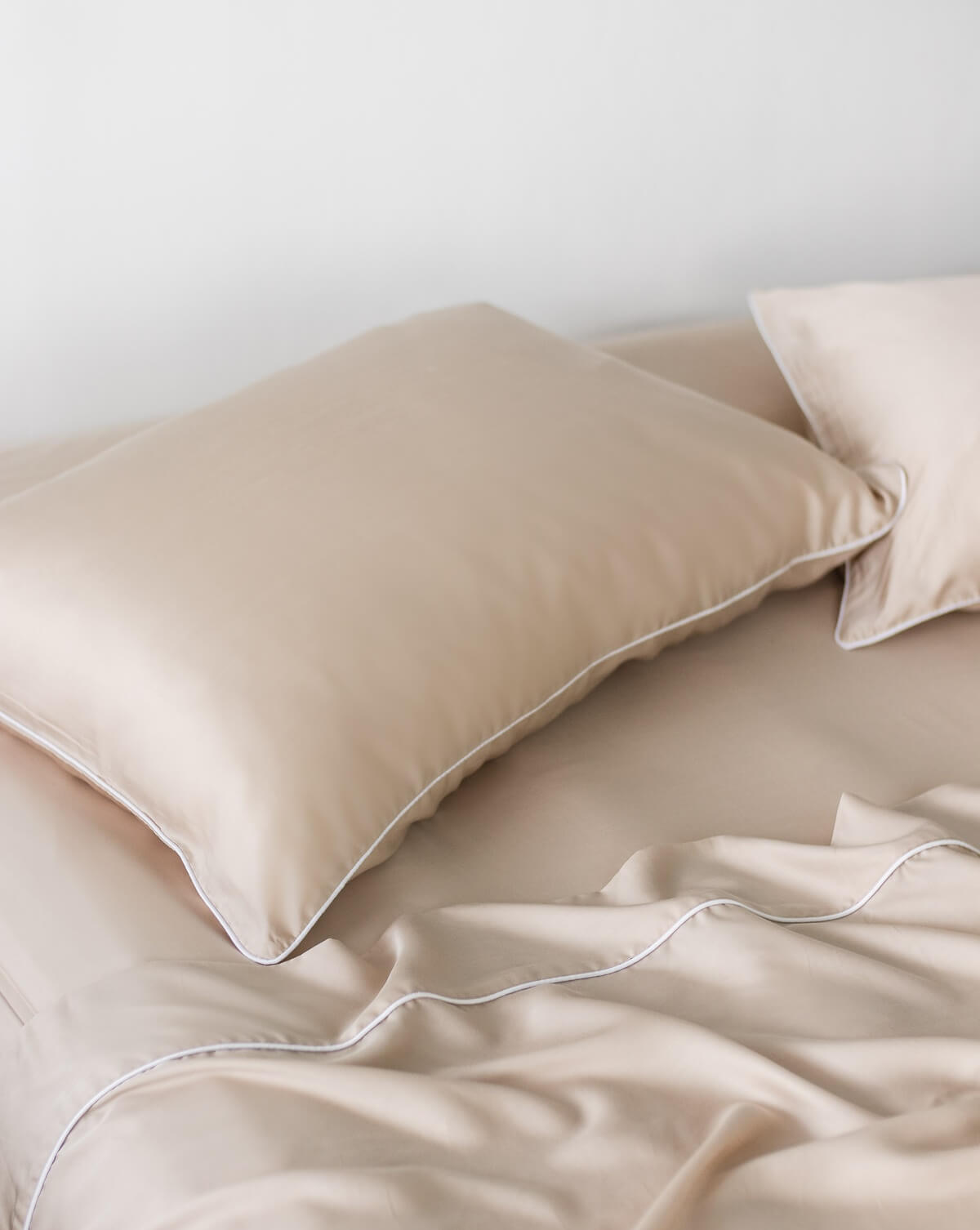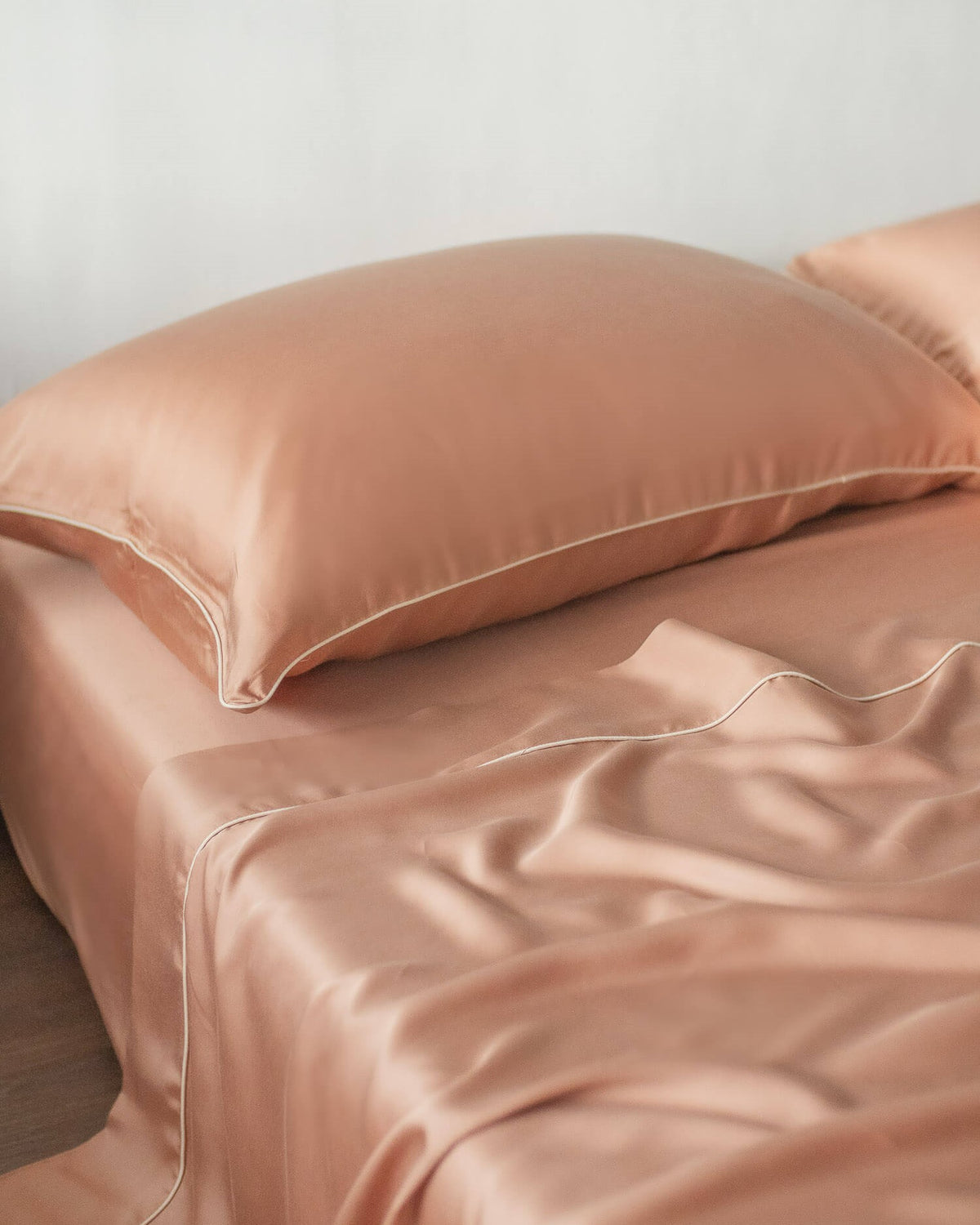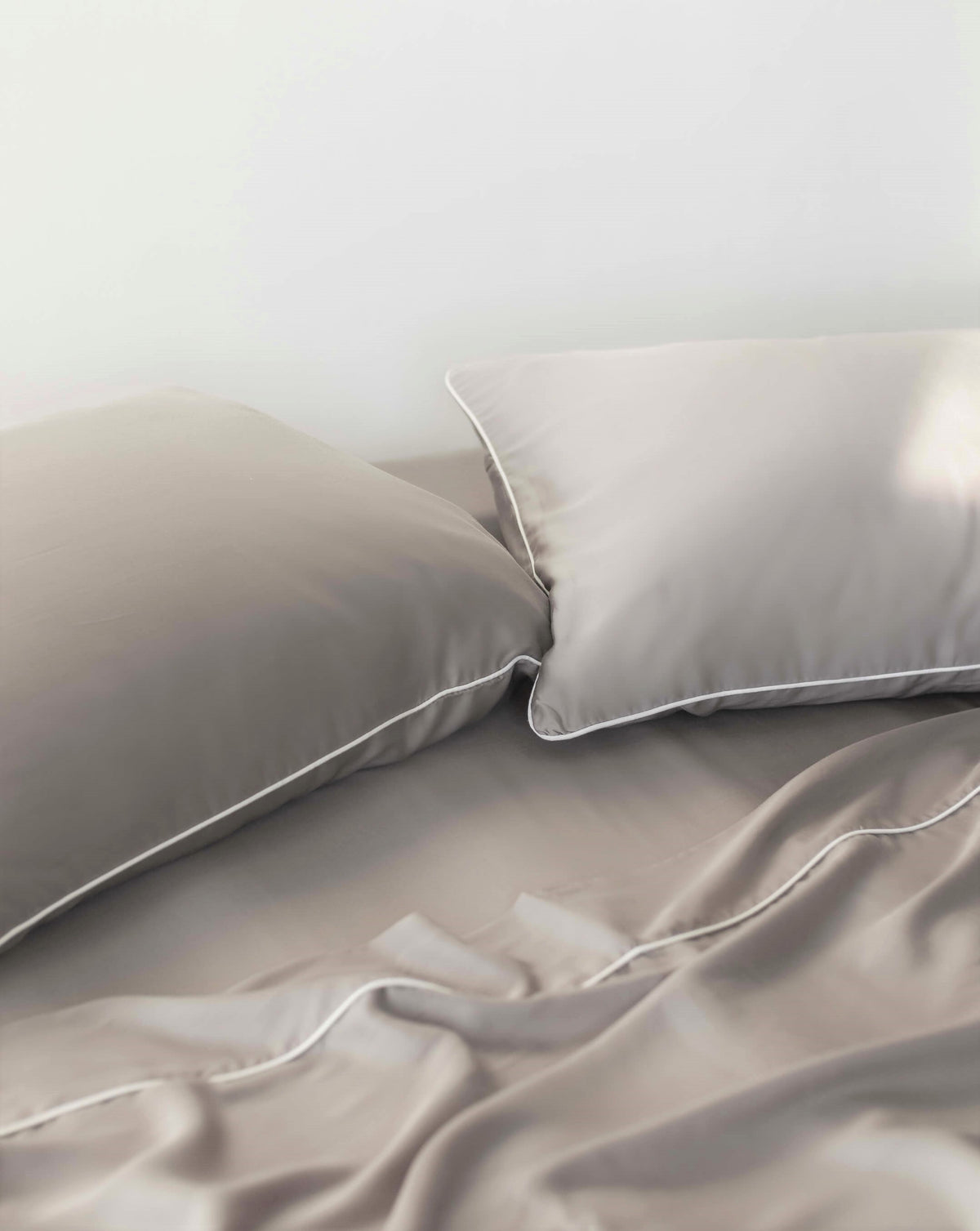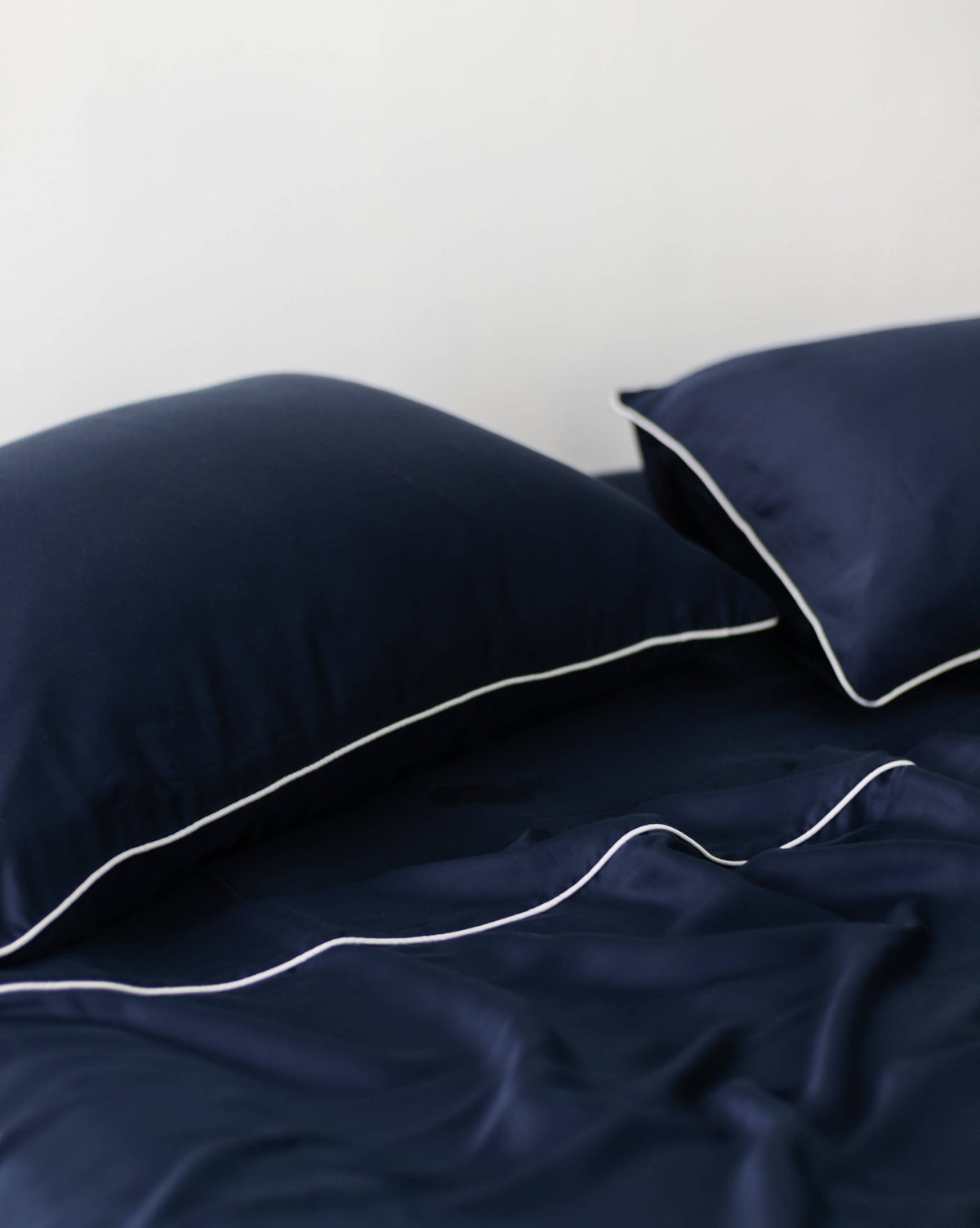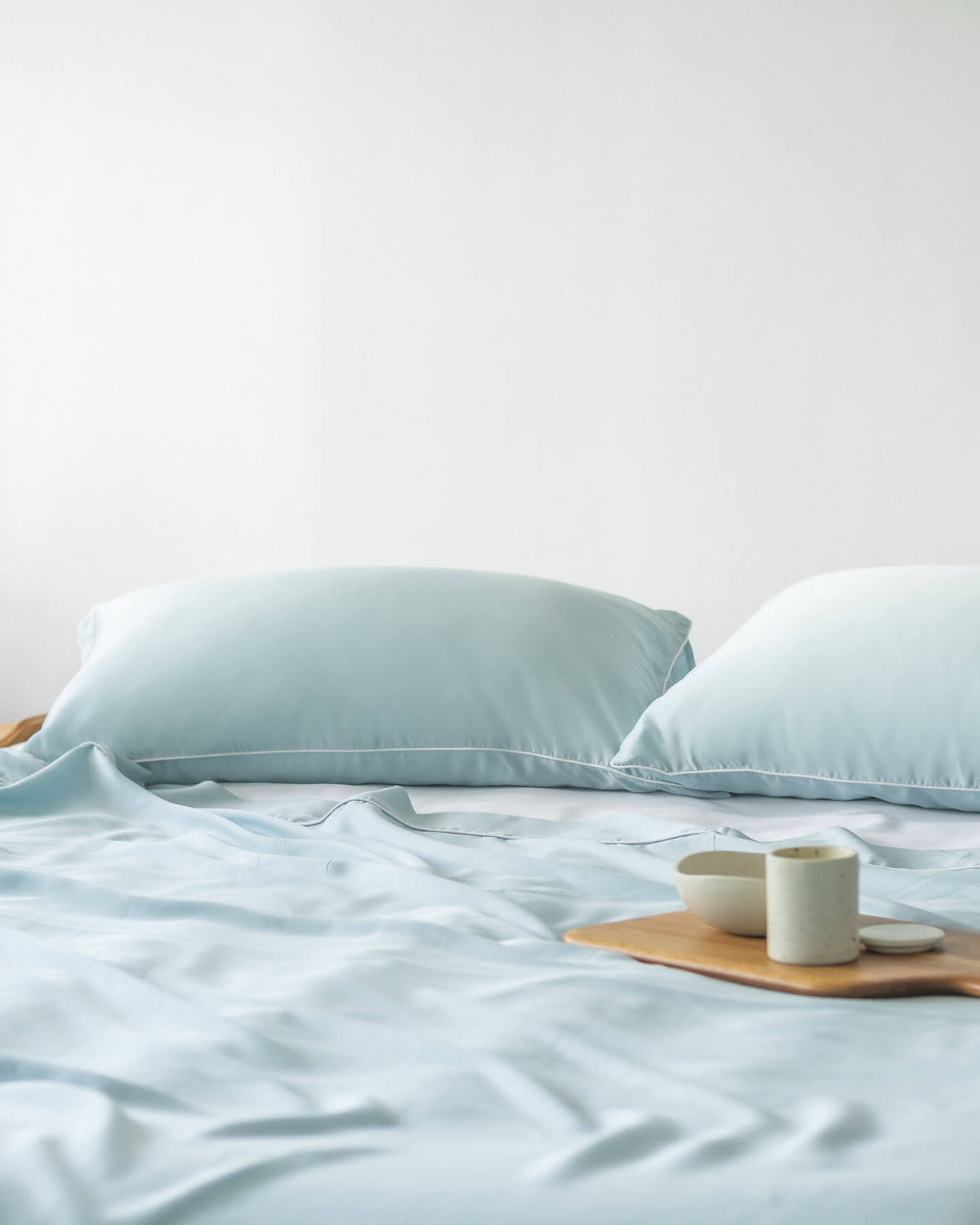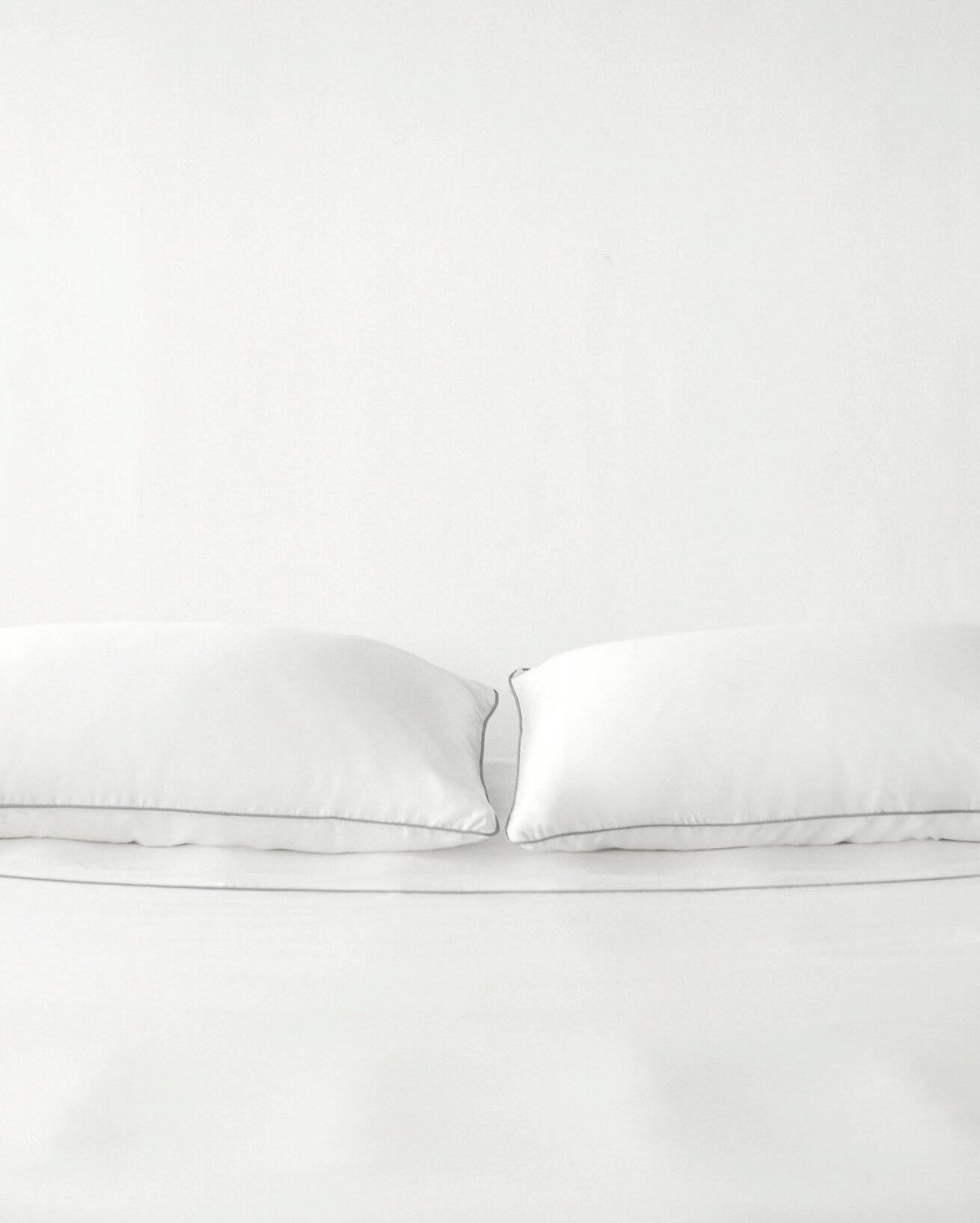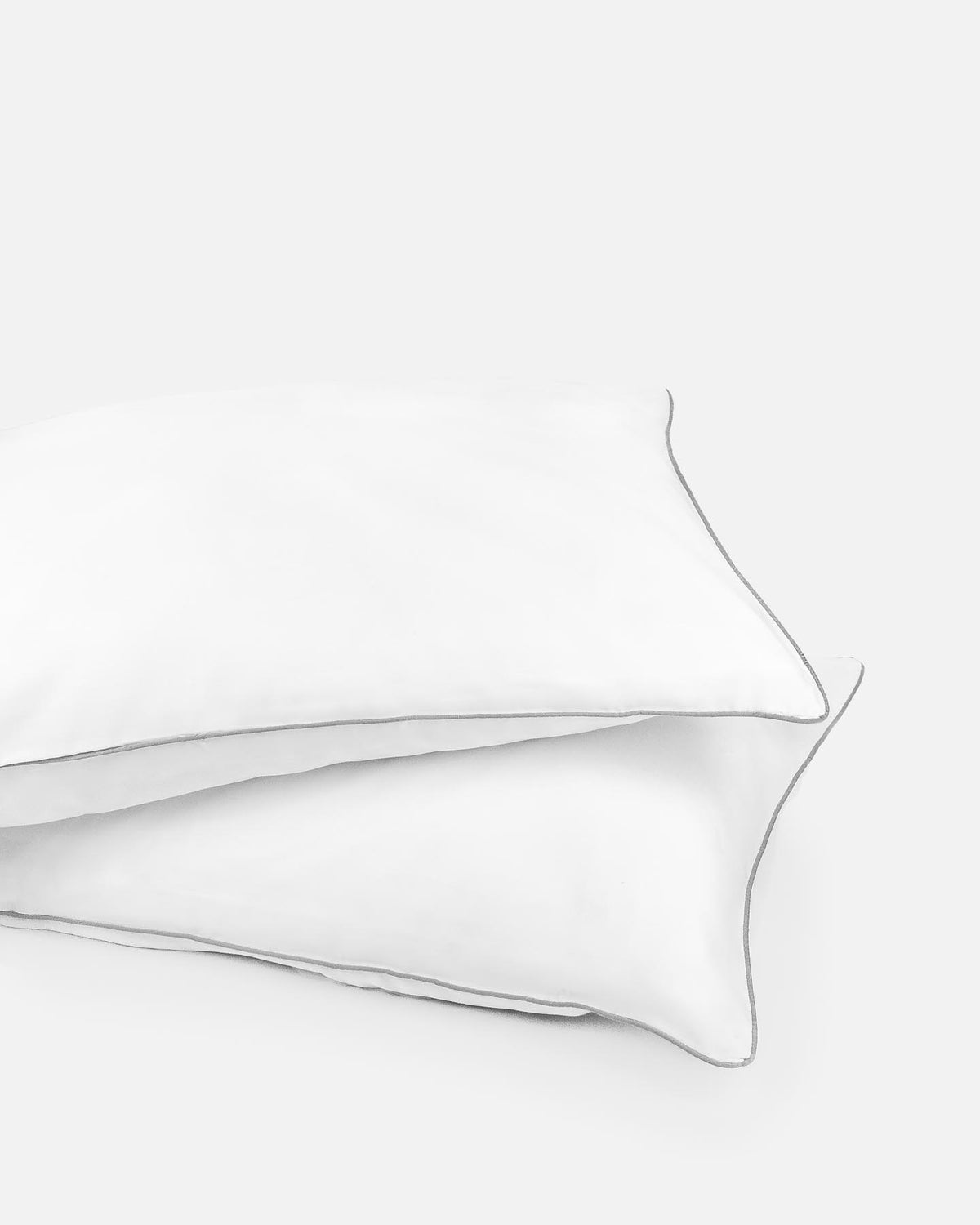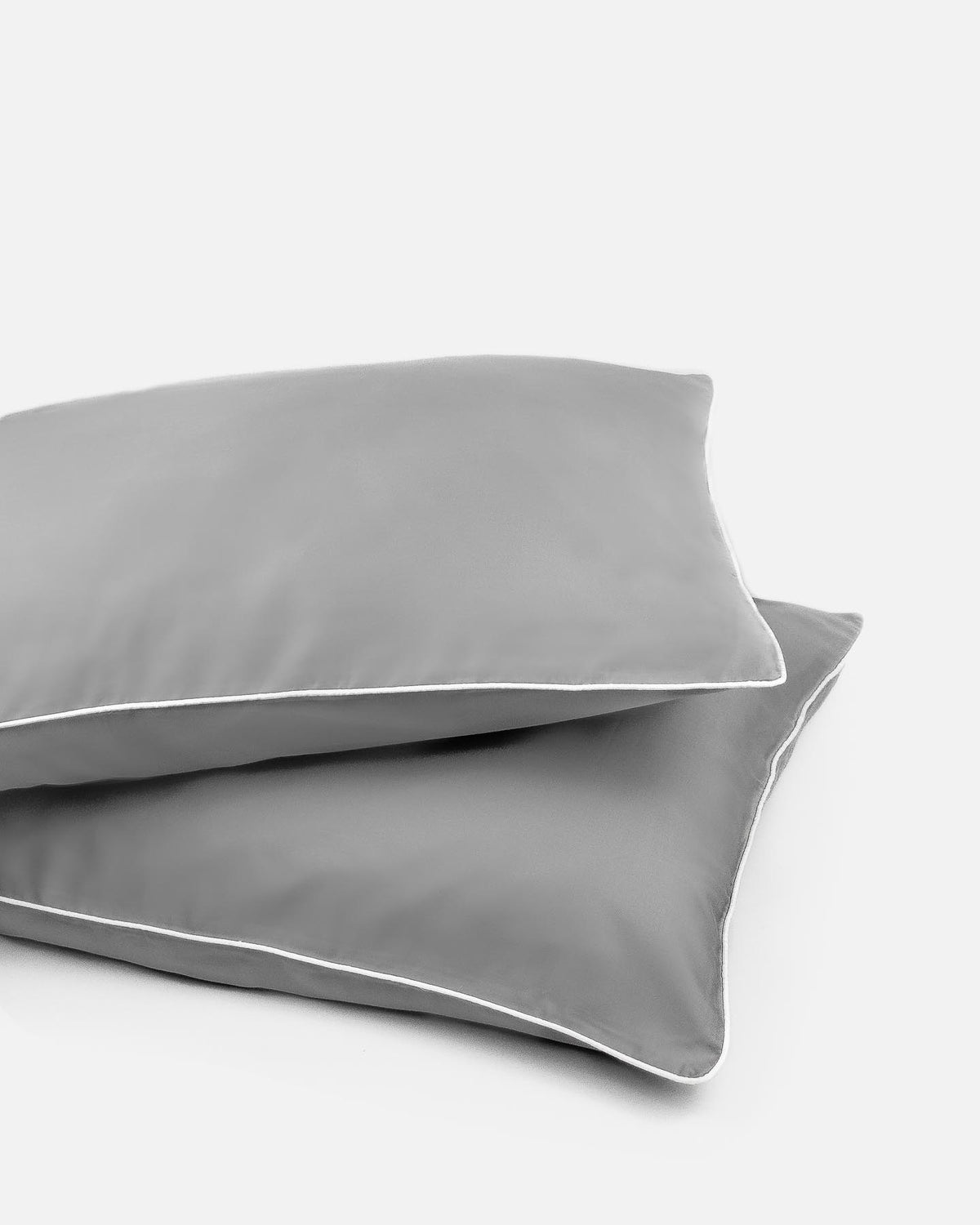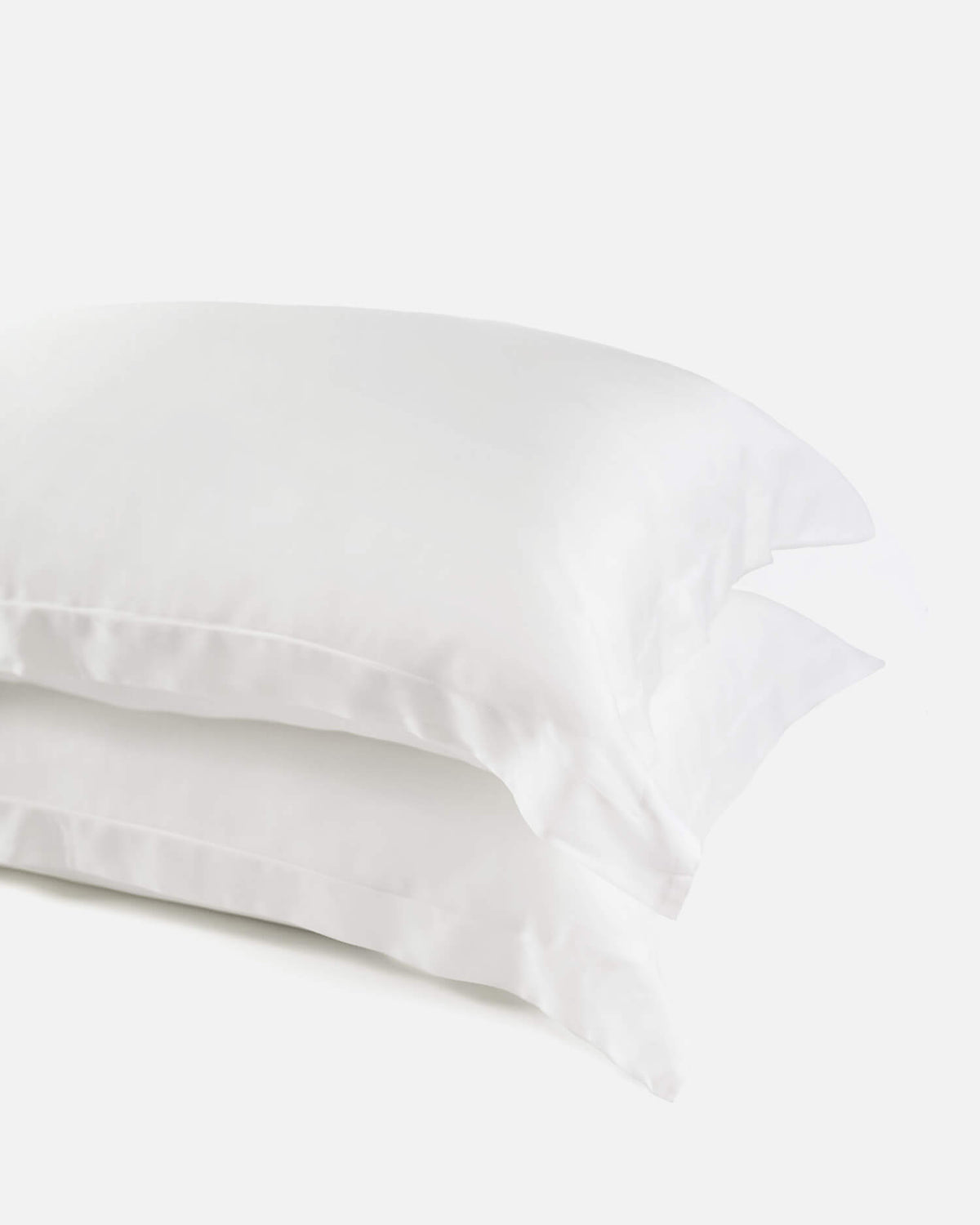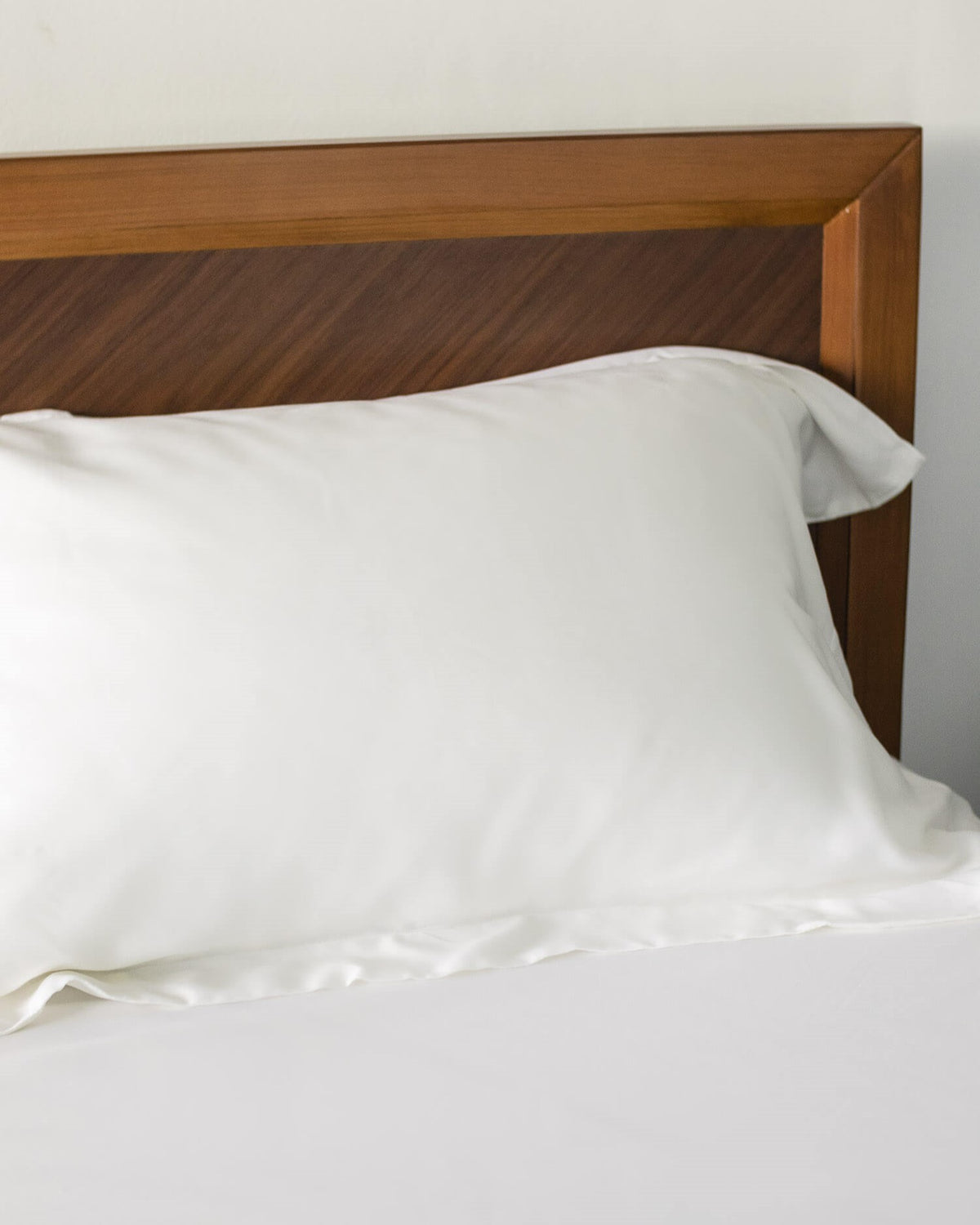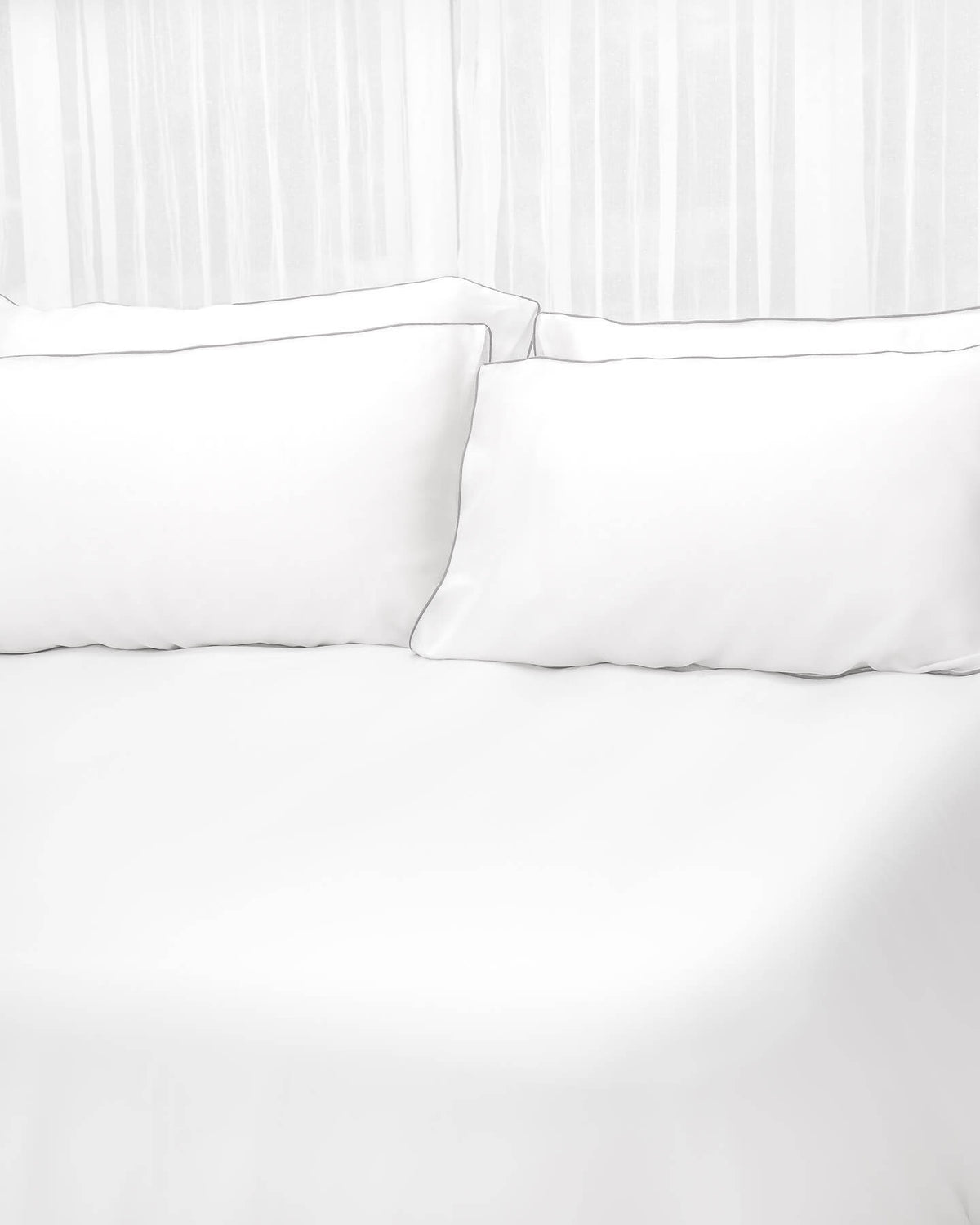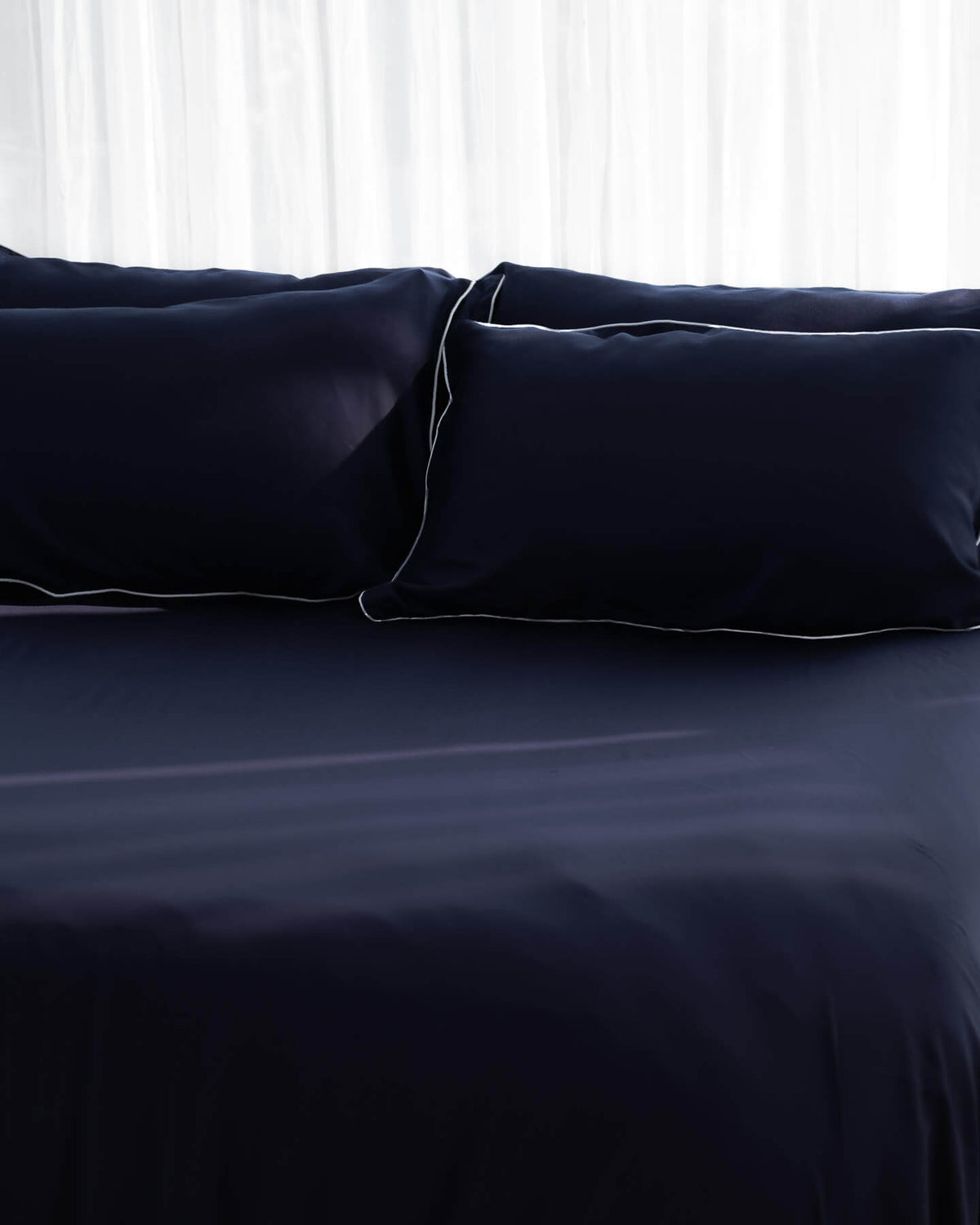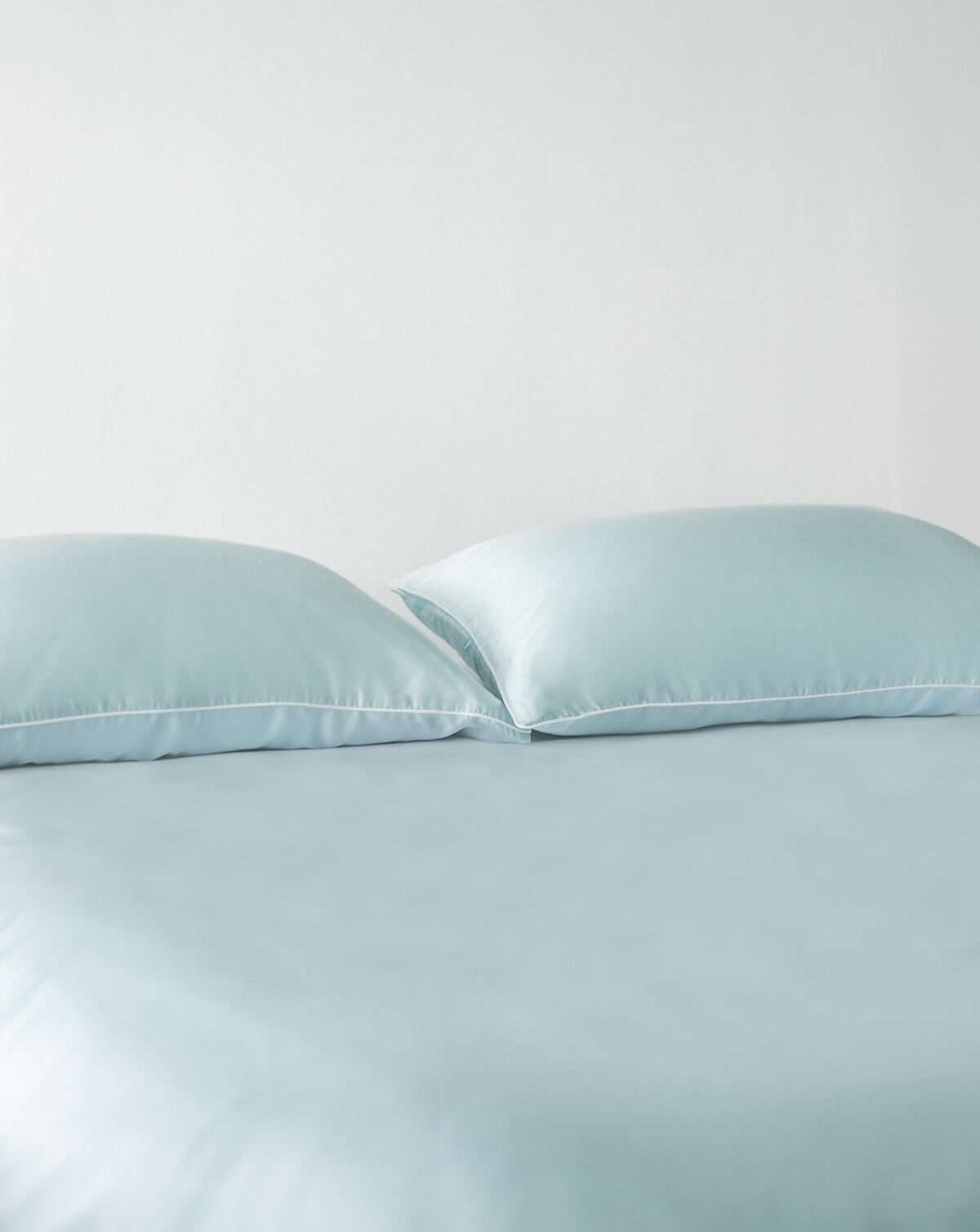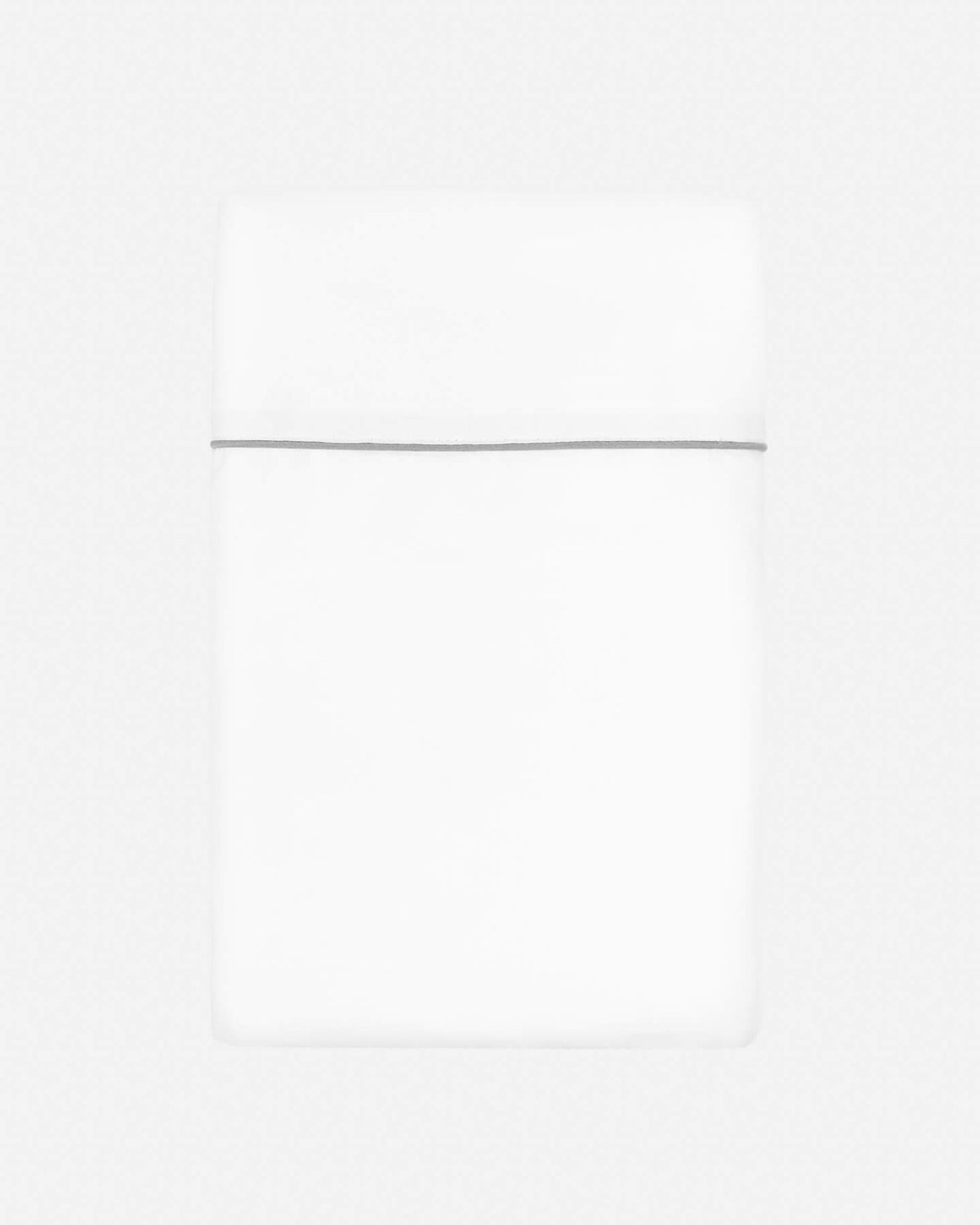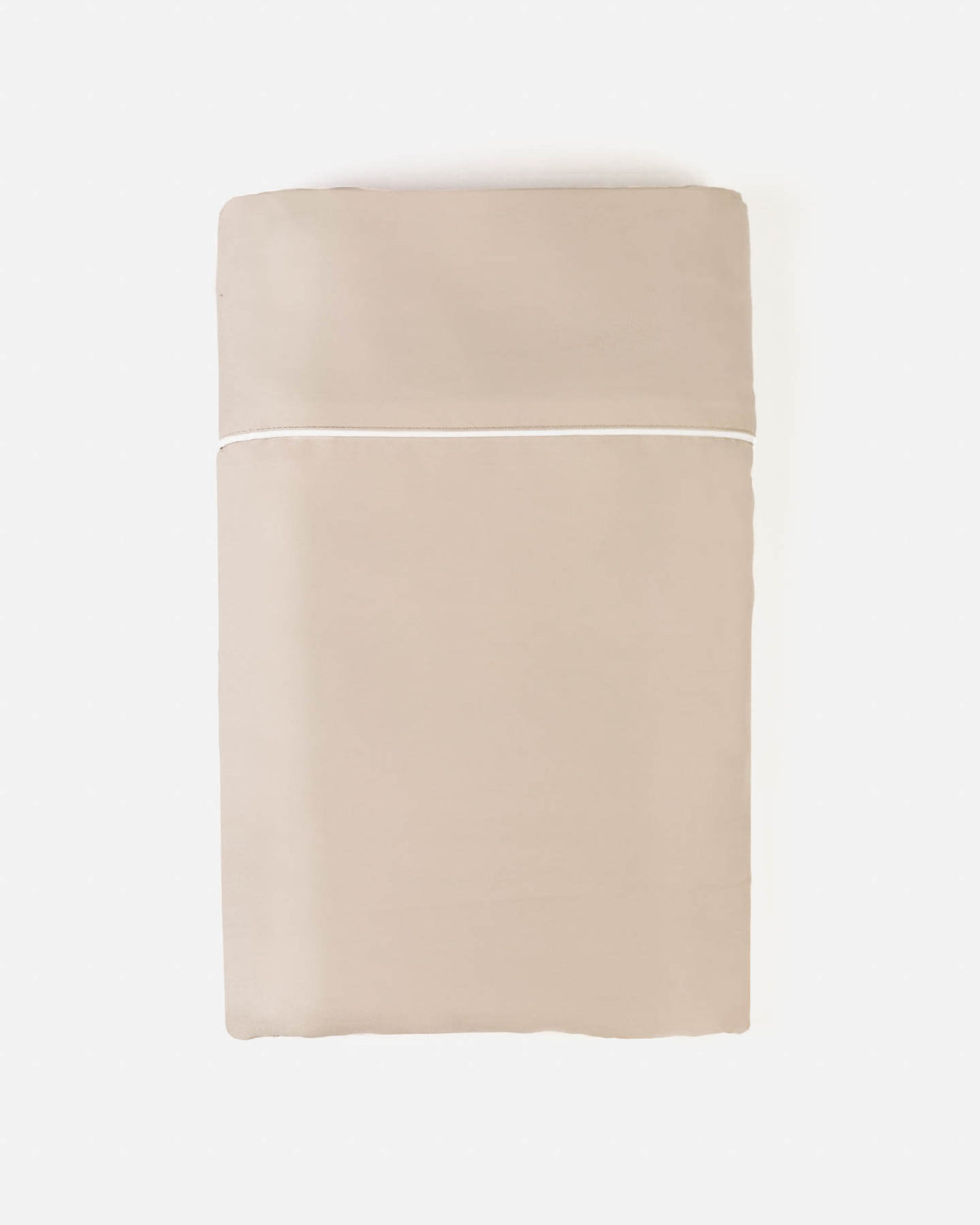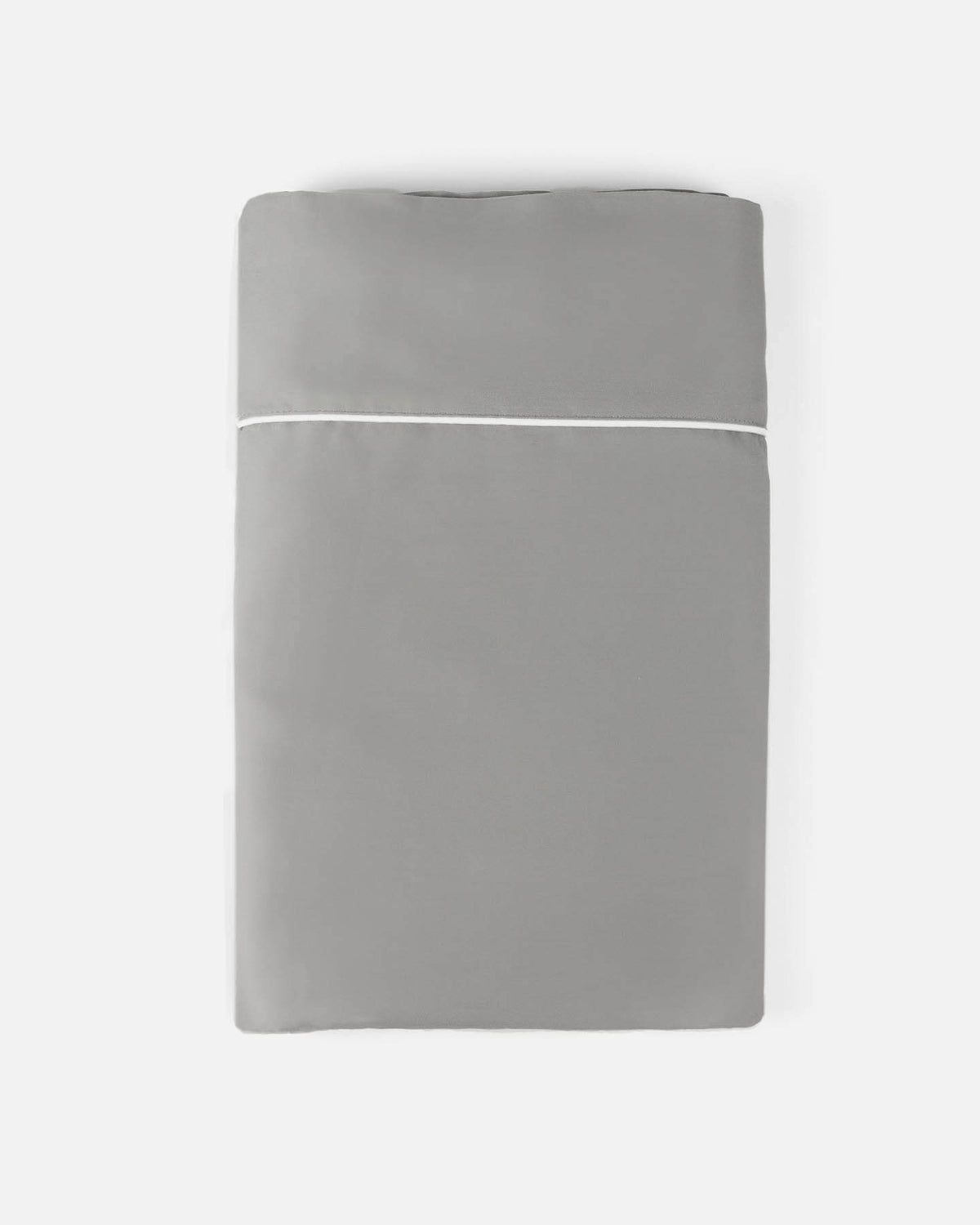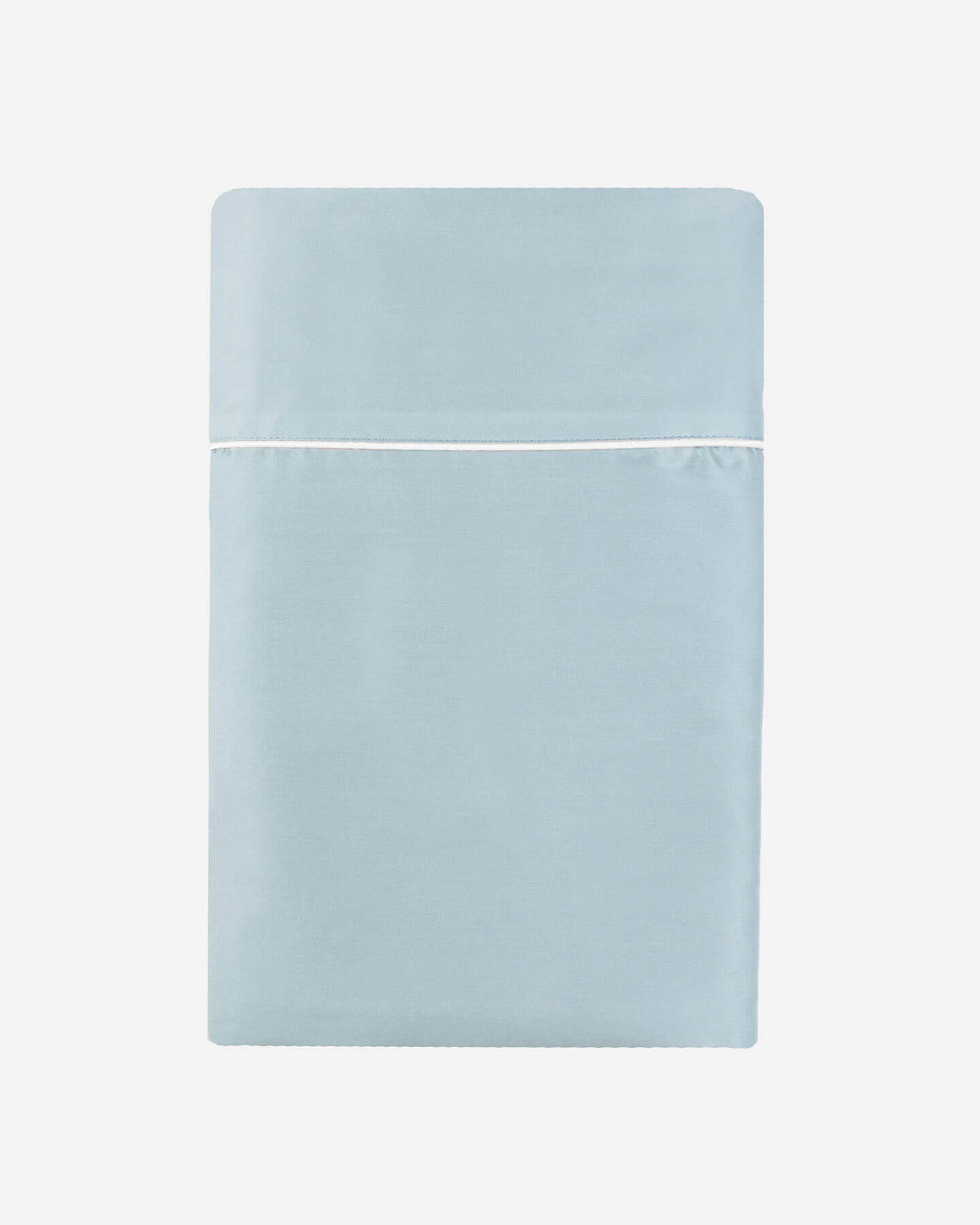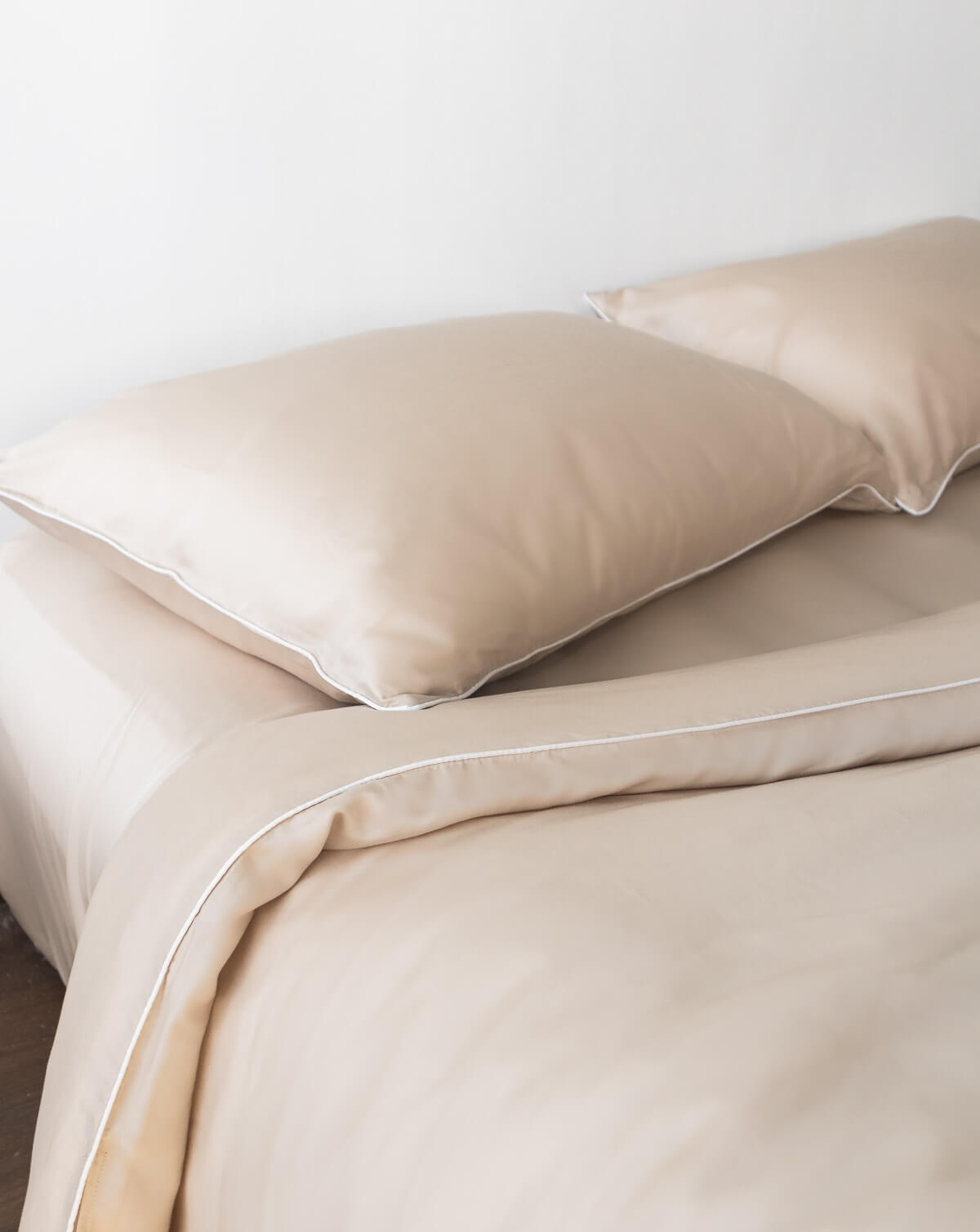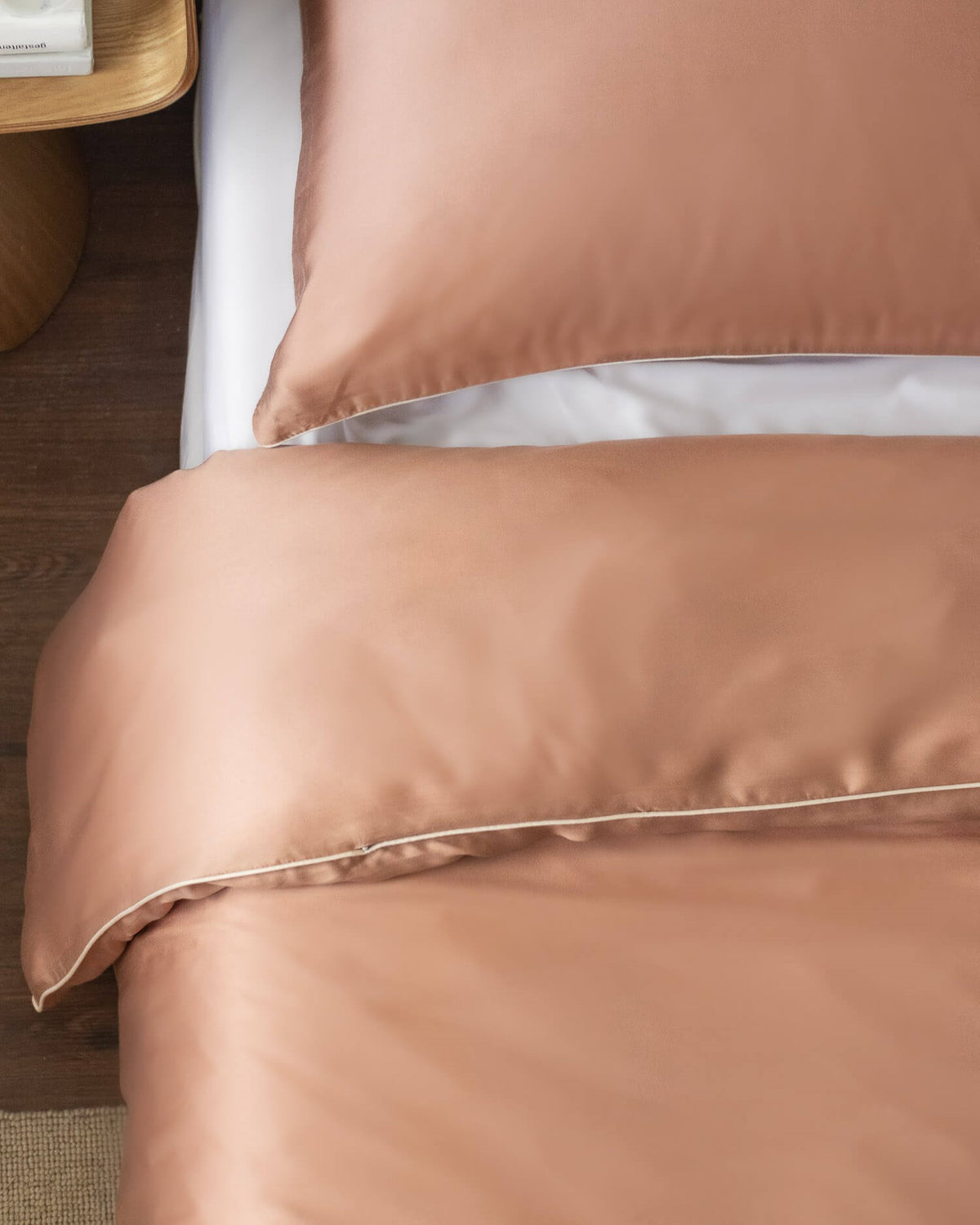Signs you're not getting enough sleep
1 | After waking up in the morning, could you fall back asleep at 10 or 11 am?
If yes, you are likely not getting sufficient sleep quantity and/or quality
2 | Can you function optimally without caffeine before noon?
If no, you are most likely self-medicating your state of chronic sleep deprivation.
3 | If you didn’t set an alarm clock, would you sleep past that time?
If yes, you need more sleep than you are giving yourself.
These feelings that cause a person to fall back to sleep or resort to caffeine to boost alertness are likely due to individuals depriving themselves of adequate sleep time—7-9 hours. A result of this deprivation is that adenosine builds up. It's a chemical in our body that "pressures" us to sleep. The higher the concentrations, adenosine inhibits arousal and causes sleepiness. Like an outstanding debt loan, come next morning, some of yesterday's adenosine remains. This sleep debt will roll over and accumulate, producing a condition of chronic fatigue, manifesting in many forms of physical and mental effects that are rampant in many people today—memory problems, muscle soreness, light sensitivity among the few.

Chronic fatigue signs and symptoms. Source
Quantifying sleep health
Sleep researchers have the developed the SATED questionnaire to help quantify and monitor sleep health. The lower the score the more likely it is that your sleep could use some improvement & an assessment by a health care professional.

SATED Sleep Quiz. Source
Can weekend catch-up sleep help?
A paper in Current Biology shows that moving your required sleep to more convenient days is not helpful. Researchers found that subjects who cut their sleep by 5 hours during the week, but made up for it on the weekend with extra sleep, still paid a cost. This included measurable differences: excess calorie intake after dinner, reduced energy expenditure, increased weight, and detrimental changes in how the body uses insulin. Despite repaying the sleep debt on paper, they had similar results (with little differences) to those who remained sleep-deprived without catch-up sleep.
The snowballing effects of sleep loss is a debt that takes longer to repay. While sleeping in for a morning or two may help, it’s often not enough. It can take up to 4 days to recover from 1 hour of lost sleep and up to 9 days to eliminate sleep debt.
-
Sources:
Why We Sleep: Unlocking the Power of Sleep and Dreams, Matthew Walker
https://www.sleepfoundation.org/how-sleep-works/sleep-debt-and-catch-up-sleep
https://www.health.harvard.edu/blog/weekend-catch-up-sleep-wont-fix-the-effects-of-sleep-deprivation-on-your-waistline-2019092417861

